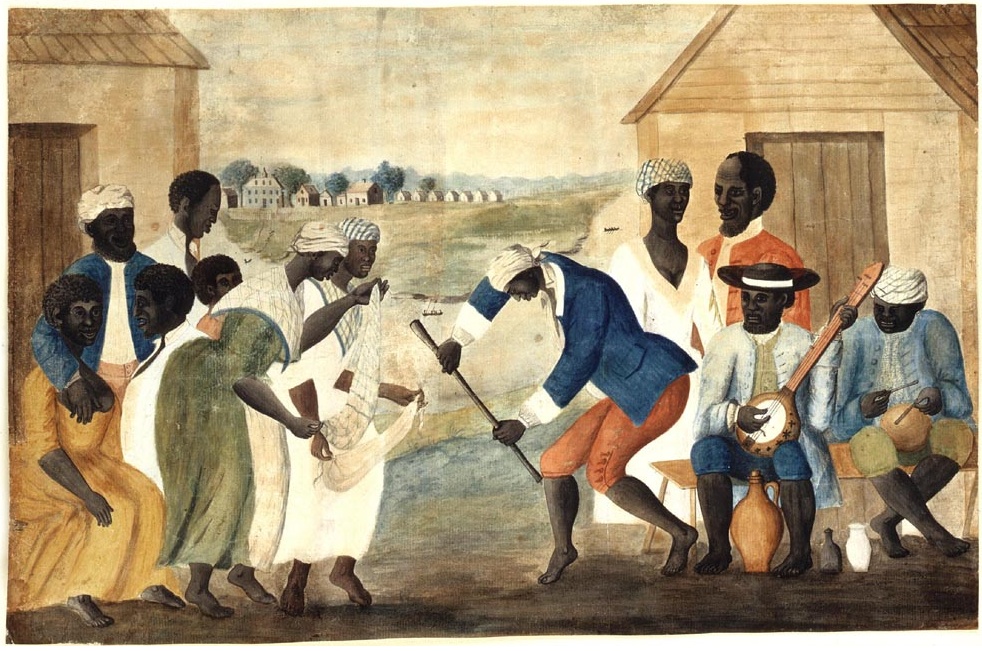Recently, there’s been a lot of noise on social media from people in the African diaspora outside the U.S., claiming that Black Americans — descendants of the transatlantic slave trade — have no culture.
Let’s clear that up right now.
First, What Is Culture?
Culture is the shared customs, arts, music, food, language, beliefs, behaviors, and institutions that define a group of people.
It includes how you:
Express yourself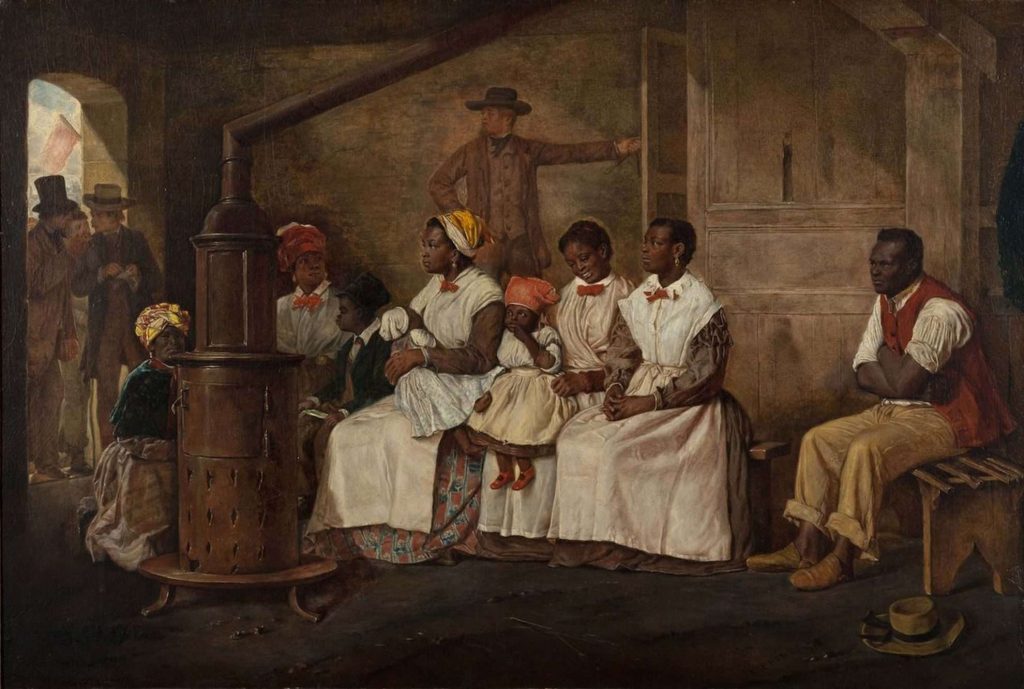
Celebrate
Worship
Dress
Speak
Survive
So let’s talk about what Black Americans — the children of the stolen, the descendants of the enslaved — have created right here on this soil.
We Are Culture
We didn’t lose our culture.
We created a new one. Under chains. Under whips. Under laws meant to break us.
And yet — we built something powerful.
🎶 Music
We gave the world:
Spirituals sung in cotton fields to communicate and survive
Blues, born from sorrow and struggle
Jazz, that American classical
Gospel, with its soul-deep power
Rock & Roll, yes — we created that too
Hip-hop, the most globally influential genre of modern times
R&B, Neo-Soul, Trap, Go-Go, Bounce, Funk — the list goes on
🍽️ Food
We built culinary traditions from scraps and made them legendary:
 Soul food rooted in West African, Indigenous, and European flavors
Soul food rooted in West African, Indigenous, and European flavors
Dishes like fried chicken, collard greens, cornbread, oxtails, gumbo, red beans and rice
Techniques like smoking, slow-cooking, deep-frying — all turned into art
🕺 Dance
Our dance styles have shaped the globe:
The Lindy Hop, Jookin, Steppin’, Krumpin’, Chicago Footwork, Breakdancing
TikTok wouldn’t exist without Black American dance influence
🎨 Art
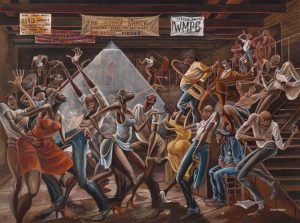 From quilt patterns in slavery to Basquiat, Kara Walker, Jean-Michel Basquiat, Jacob Lawrence, and Kehinde Wiley, our art tells stories the world would
From quilt patterns in slavery to Basquiat, Kara Walker, Jean-Michel Basquiat, Jacob Lawrence, and Kehinde Wiley, our art tells stories the world would
rather ignore — in color, texture, rhythm, and resistance.
🗣️ Language
Our dialects? Deeply expressive, rooted in survival, rhythm, code-switching brilliance:
AAVE (African American Vernacular English) is a linguistic system — not broken English
From “on fleek” to “woke,” we create the language the world adopts
Our storytelling tradition goes back generations — oral history preserved through griots, grandmas, barbershops, and front porches
👑 Style & Dress
From zoot suits to afros, from gold fronts to durags, from Timberlands to grills, from Sunday church hats to Black-owned streetwear — we wear who we are, with pride.
✊🏽 Faith & Survival
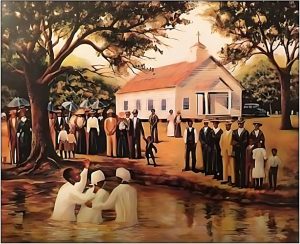 We created the Black Church.
We created the Black Church.
We made praise into poetry.
We’ve worshipped under tents, in cotton fields, in storefronts, and mega-churches.
We shouted our way through trauma.
We sang our way through injustice.
And through all of this?
We never left.
We Didn’t Flee — We Endured
We stayed in a country that tried to erase us.
We were lynched and still stayed.
Bombed, and still stayed.
Beaten, and still stayed.
Redlined, segregated, sterilized, incarcerated, and still we stayed.
We couldn’t return to Africa — because we were stolen from multiple nations, mixed, renamed, bred, and forbidden from knowing where we came from.
But out of that forced diaspora, we became one people — with our own tribes, regions, and traditions inside the U.S.
Just Like Africa Has Tribes — So Do We
Africa is not a country. It’s a continent made up of 54 nations, over 2,000 languages, and thousands of tribal cultures. The Igbo speak differently than the Zulu. A Ghanaian will eat differently than a Somali. They don’t all worship the same, dress the same, or move the same.
Neither do we.
We got:
Louisiana Creoles
Geechee/Gullah Sea Islanders
Harlem Renaissance descendants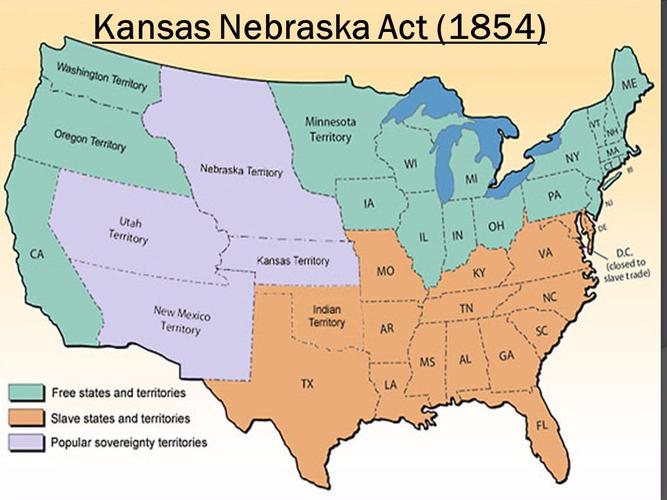
Chicago steppers
Atlanta trap kings
Detroit preachers
Baltimore club dancers
L.A. Crenshaw poets
Oakland revolutionaries
We are as regionally distinct as any nation in Africa.
We’re not monolithic. We’re majestic.
So Yes — Black Americans Have Culture
We don’t just have culture.
We are culture.
Our rhythm became the world’s rhythm.
Our pain became the world’s profit.
Our survival became sacred.
And no amount of distance, passport stamps, or Twitter hot takes can erase that.
If you’re African, Caribbean, or part of the broader diaspora — we’re still family.
But don’t come for us sideways.
We’re not lost.
We’re not culture-less.
We’re legacy in motion.
